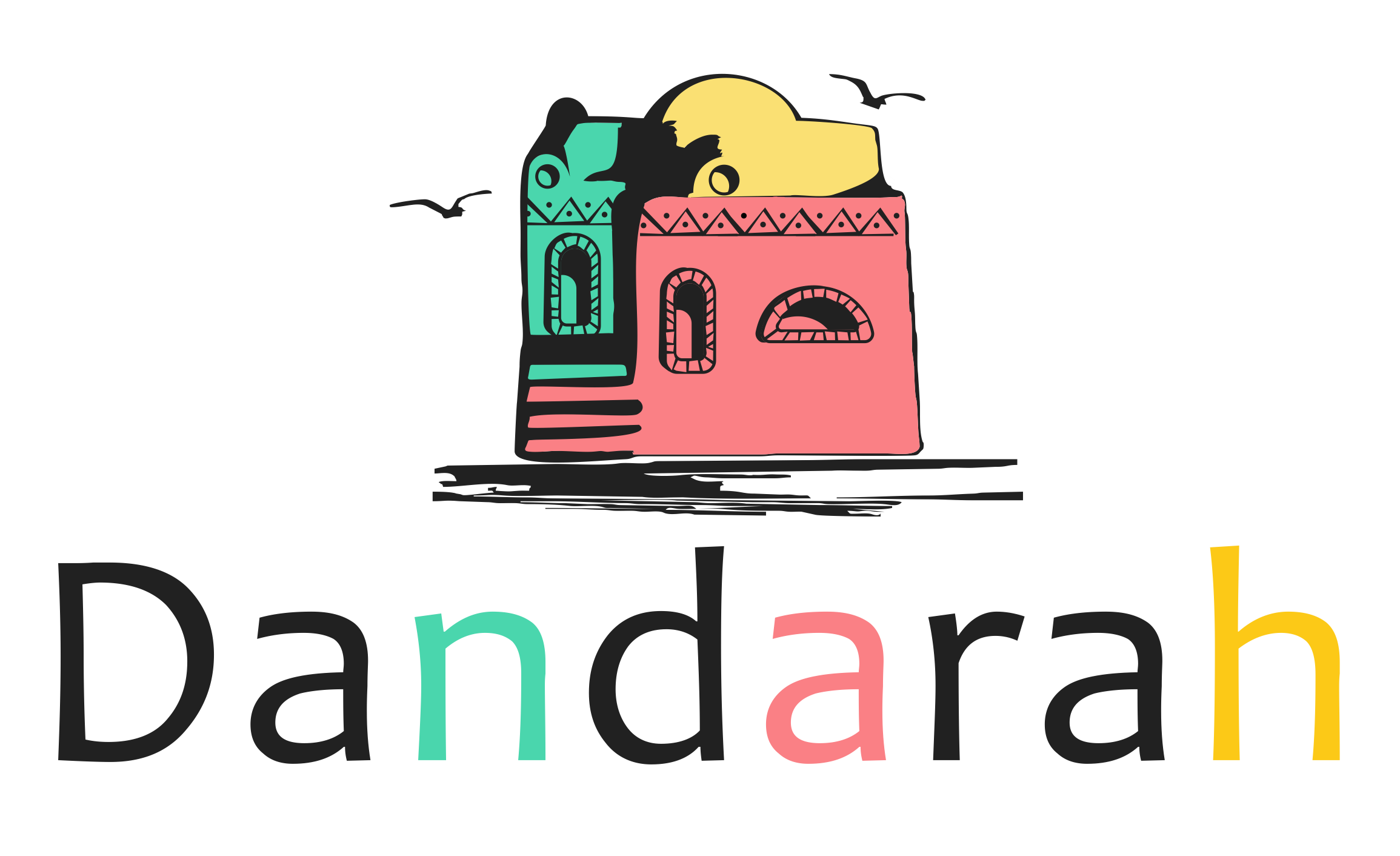|
Naqada (or Nagada) is a prehistoric town on the west bank of the river Nile of Egypt. Artisans in this town have been weaving on the same type of looms that have been used since Pharaonic times, with weaving estimated to have started in Egypt around 4000 B.C. if not earlier. This traditional craft of weaving has been handed down from one generation to the other for thousands of years.
During much of the 20th century these weavers depended on one product, the ferka, a scarf or sari-like cloth that was exported in mass to Sudan as it was traditionally used by Sudanese brides. In the late 1980s, due to political and economic problems in Sudan, the exports of ferkas to Sudan ceased, negatively affecting the livelihood of the Nagada weavers and hundreds of families.
Then in 1991, a Canadian-funded development project aimed to revive this traditional weaving craft. They worked with some of the weavers to develop new designs based on traditional motifs.
Today, the Nagada weavers produce a variety of beautifully coloured scarves and shawls. Some of these scarves and wraps are of solid colour – ranging from bright to pastel colours. While others offer a variety of attractive designs: pinstripes and wide stripes; multi-coloured and subtle stripes; pyramid shapes mixed with stripes; feathery symbols that look like single stalk of wheat; double-faced; tie-dye; plaid; variegated.
|
